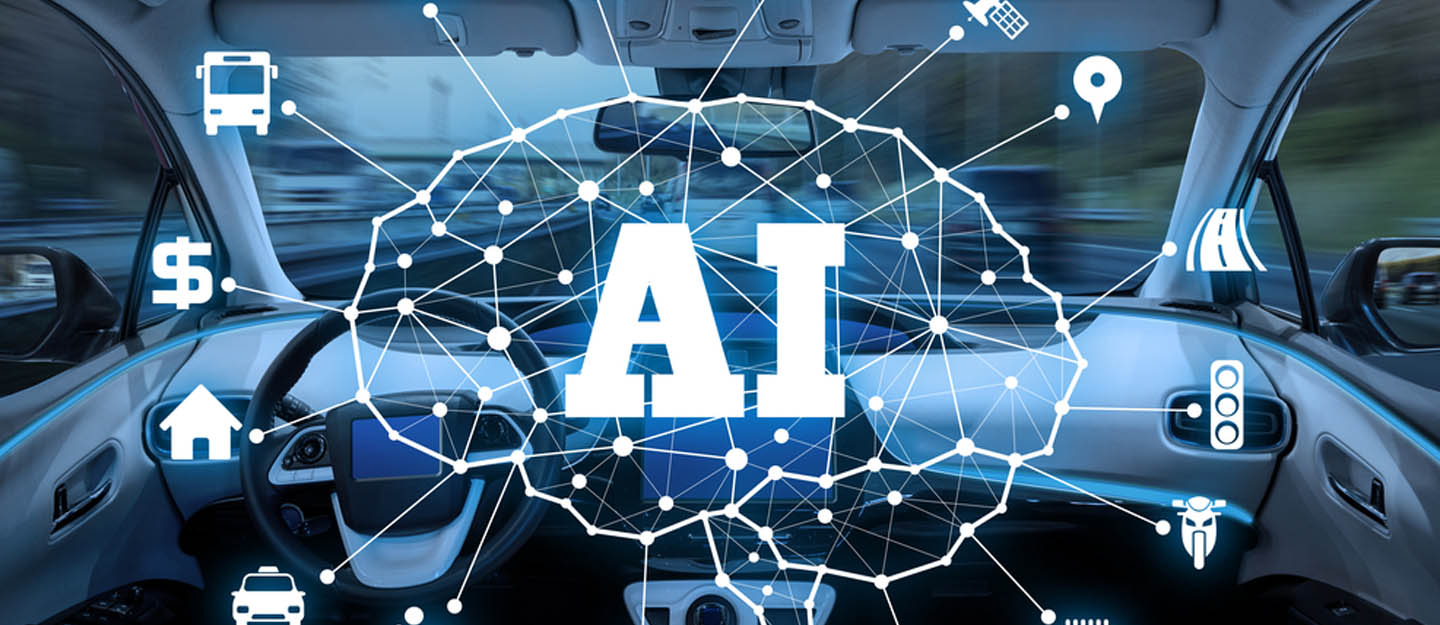
AI Revolutionizing Self-Driving Vehicles: A Glimpse into the Future of TransportationAI Revolutionizing Self-Driving Vehicles: A Glimpse into the Future of Transportation The advent of Artificial Intelligence (AI) has ignited a transformative era in the automotive industry, propelling the development of self-driving vehicles. These autonomous systems are poised to revolutionize transportation, promising a future where vehicles navigate seamlessly without human intervention. Enhanced Safety and Security: AI-powered self-driving vehicles possess superior perception capabilities, leveraging computer vision, sensors, and machine learning algorithms to monitor their surroundings in real-time. This heightened situational awareness significantly reduces the risk of accidents, improving safety for both passengers and other road users. Increased Accessibility and Convenience: Autonomous driving technology empowers individuals with limited mobility or visual impairments to navigate independently. Furthermore, self-driving vehicles offer greater convenience, providing the ability to engage in other activities while on the road. Optimized Traffic Flow: AI algorithms can analyze traffic patterns and predict potential congestion, allowing self-driving vehicles to adjust routes and speeds accordingly. This interconnectedness enhances overall traffic flow, reducing commute times and improving air quality. Increased Productivity: With the elimination of driving responsibilities, commuters can utilize time spent on the road for work, leisure, or personal development. This increased productivity has significant implications for businesses and society as a whole. Environmental Sustainability: Autonomous driving technologies can contribute to environmental sustainability by enabling platooning, a technique where vehicles travel closely together to reduce aerodynamic drag. Additionally, the use of electric vehicles in conjunction with self-driving systems can further reduce tailpipe emissions. Challenges and Opportunities: Despite the transformative potential, the widespread adoption of self-driving vehicles faces several challenges. Legal frameworks must be established to address liability and insurance concerns. Infrastructure improvements are also necessary to ensure seamless integration with existing roads and traffic systems. Overcoming these challenges will unlock a wealth of opportunities. Self-driving vehicles have the potential to revolutionize industries such as transportation, logistics, and healthcare. They can enhance mobility, reduce carbon emissions, and improve quality of life for individuals and society alike. Conclusion: The AI-driven self-driving vehicle revolution is on the horizon, promising a future where transportation is safer, more convenient, and more accessible. As technology continues to evolve, we can expect to witness the transformative impact of autonomous vehicles on our society and the world around us.
Posted inNews